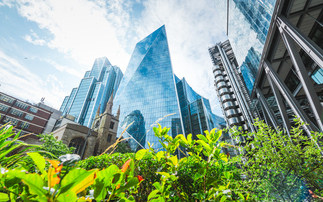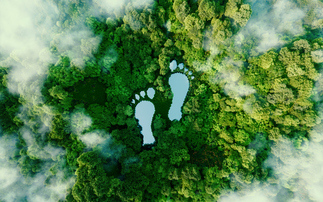Environmental Screening and Separation touts the benefits of water recycling
We live on a planet comprised of 70 per cent water and yet as of 2011, 768 million people lacked access to proper drinking water according to the United Nations. Water is a contentious issue both in and...
To continue reading this article...
Join BusinessGreen
In just a few clicks you can start your free BusinessGreen Lite membership for 12 months, providing you access to:
- Three complimentary articles per month covering the latest real-time news, analysis, and opinion from Europe’s leading source of information on the Green economy and business
- Receive important and breaking news stories via our daily news alert
- Our weekly newsletter with the best of the week’s green business news and analysis






